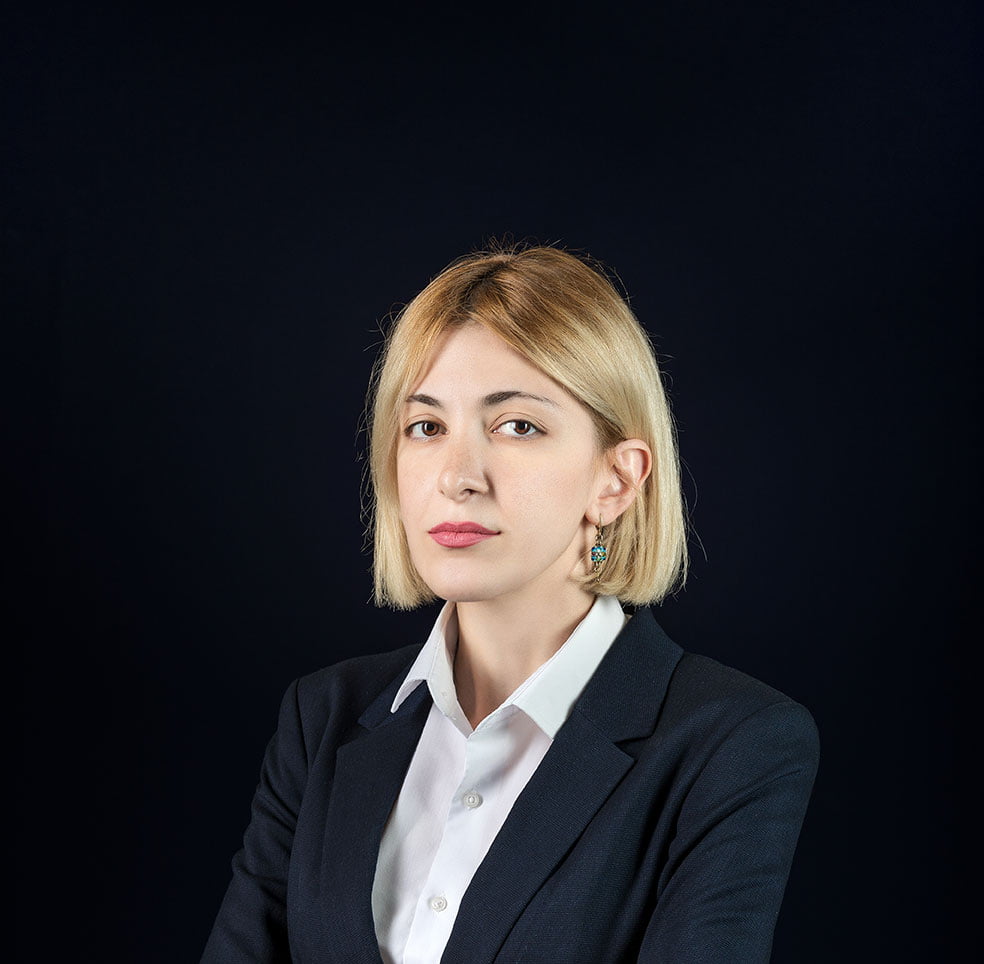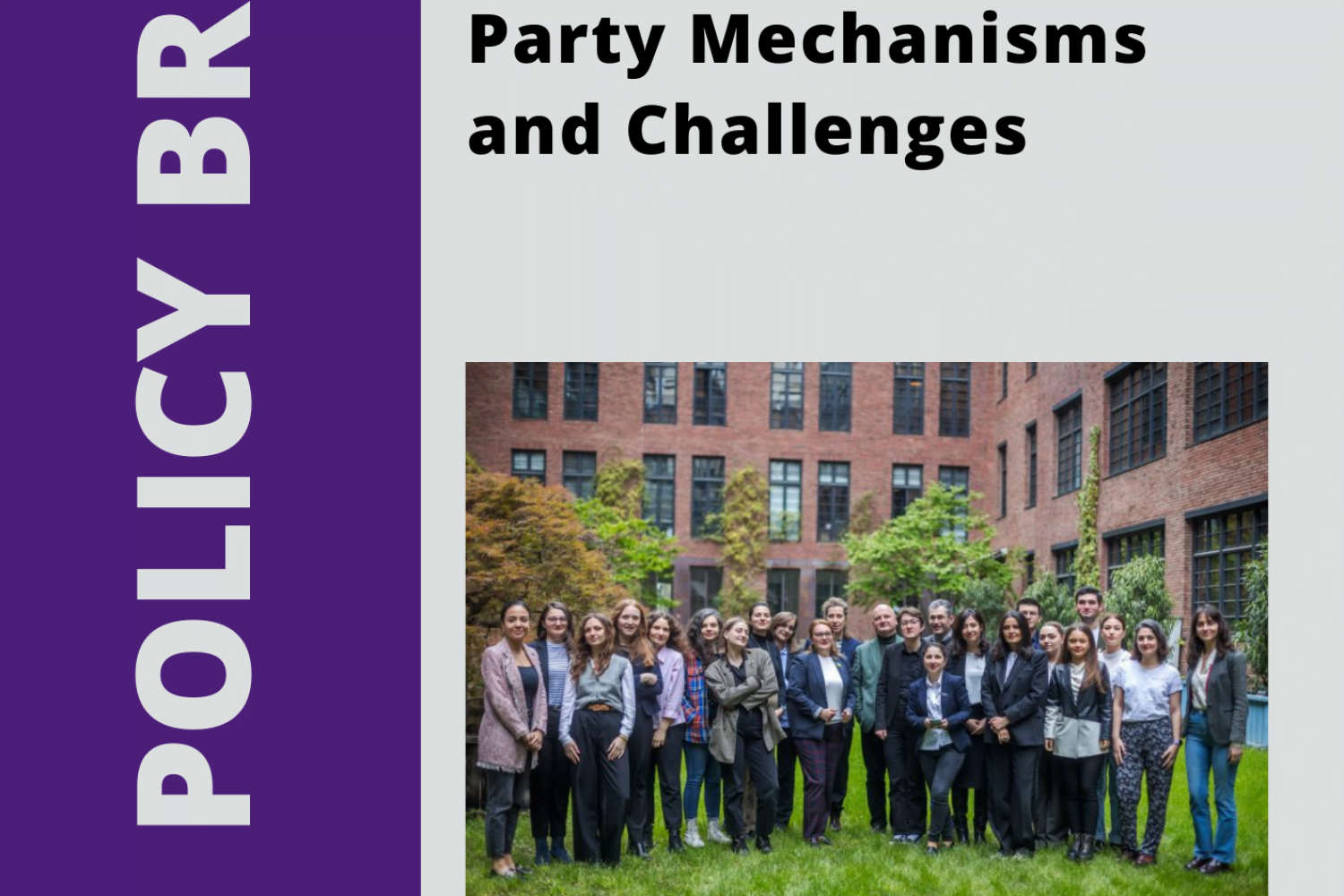2023-05-05 13:21:21
In order to ensure women’s political participation, an appropriate internal party structural arrangement and legal and institutional guarantees of gender equality are both important. Currently, the intra-party mechanisms of the Georgian parliamentary parties of 2020 ensure only the identification of women’s needs and their involvement rather than their political empowerment. And as for legislative amendments, the issue of gender quotas, although theoretically increasing the number of women in politics, in terms of the quality of women’s participation in representative bodies major challenges remain. This is due to the gender stereotypes entrenched in the minds of the general public and the non-serious perception of the issue of gender equality by male politicians. In terms of women’s political empowerment, institutional mechanisms such as the Gender Equality Council in Parliament are more inclusive and effective than the gender councils in local government, indicating lack of knowledge and interest in gender equality issues in the regions.
This political essay analyses to what extent and in what form women’s intra-party participation is encouraged in the parliamentary parties of the 2020 convocation, what mechanisms they apply and what challenges exist in this regard in the Georgian political spectrum. The paper is based on an analysis of official documents and interviews with politicians. It concludes with specific recommendations for promoting gender equality in the parties and the political empowerment of women in general.
Keywords: political empowerment of women, internal party structure, gender quotas.




